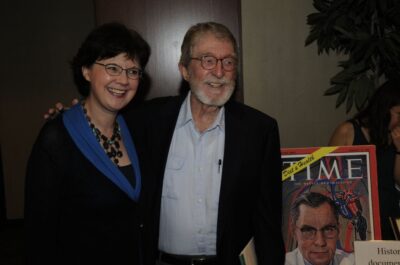Publications
Lorem ipsum dolor sit amet, consectetur adipiscing elit. Pellentesque laoreet dignissim ante, a condimentum odio accumsan at. Morbi tincidunt, sapien eu vulputate lobortis, ipsum augue ullamcorper lacus, quis rutrum justo lectus in ante. Aenean ultrices felis vulputate nibh laoreet posuere. Fusce pulvinar et augue ac hendrerit. Aenean vulputate posuere elit quis euismod. Quisque rhoncus a felis quis hendrerit. Nulla nec nisi nisi. Morbi eu leo mauris. Phasellus sagittis sed augue quis tempus. Donec lacus sapien, ultricies a justo at, cursus hendrerit tellus. Pellentesque tristique urna et massa molestie, bibendum condimentum sapien lobortis.

